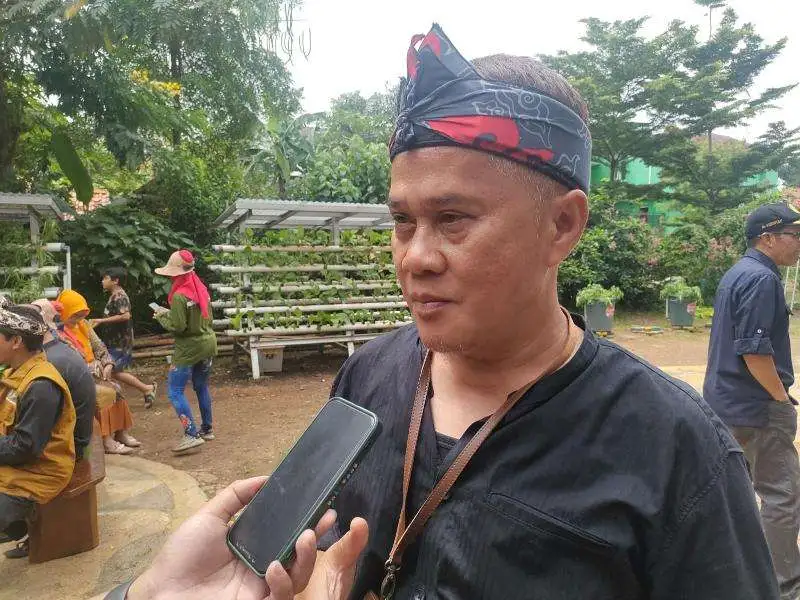Source jabarprov.go.id / Writer & editor: Bandung City Communication and Information Service – 16 Feb 2024
This article has been published on jabarprov.go.id with the title "Bandung City Will Implement Urban Futures Program Together with 10 World Cities" click to read: https://jabarprov.go.id/berita/kota-bandung-bakal-terapkan-program-urban-futures-bersama-10-kota-dunia-12420
PORTALJABAR, BANDUNG CITY – Bandung City was selected as one of the cities in the world that runs the Urban Futures program. This is a program that combines urban food systems, youth participation, and climate action.
In Indonesia, the Urban Futures program is implemented in the cities of Bandung (West Java) and West Manggarai (East Nusa Tenggara). Each city was chosen for its unique contribution to the Indonesian youth movement and the wider food system in Indonesia.
Head of the Bandung City Food Security and Agriculture Service (DKPP), Gin Gin Ginanjar, said that Bandung City was chosen because it was considered capable of developing the concept of food security, one of which was through Buruan Sae.
"Buruan Sae has become the world's attention. We have been involved in Milan Fact and Bandung has become an active member, so Bandung has become a pilot area," he said, Thursday (2/15/2024).
In addition, Bandung City has become an active member of the Milan Urban Food Policy Pact and is improving its food system. Bandung City has created a multi-stakeholder platform and developed a food and nutrition action plan.
Bandung City plans to expand urban agriculture, strengthen storage capacity, promote healthy food initiatives, and address food waste issues.
He said, this program focuses on developing urban future by planning the concept of a city developing food security involving many stakeholders.
"We received assistance for mentoring until 2027. Now we just need to plan for the kickoff of the assistance program," he said.
The assistance, continued Ginanjar, is in the form of mentoring, capacity building, and collaboratively compiling city development plans, especially for food in the future.
"The point is to build human resources, the output of which is city planning and collaborative studies and analysis of various stakeholders, especially for young people," he said.
Urban futures is a 5-year global program (2023–2027) that combines urban food systems, meaningful youth participation, and climate action.
The programme is funded by Fondation Botnar and managed by Hivos, the Humanist and Social Innovation Foundation (Humanis), the RUAF Global Partnership on Sustainable Urban Agriculture and Food Systems (RUAF-CIC), and local partners, networks and experts.
Urban futures will operate in 10 cities in Colombia (Cali and Medellin), Ecuador (Manabi and Quito), Indonesia (Bandung and West Manggarai), Zambia (Chongwe and Kitwe), and Zimbabwe (Bulawayo and Mutare).
The Urban Futures program will focus on three main objectives:
- Influencing and supporting the development and implementation of transformative urban food policies through multi-stakeholder forums and youth movements.
- Shaping new narratives that reimagine inclusive and climate-resilient cities, inspiring changes in behavior and consumption patterns.
- Enabling young entrepreneurs in sustainable food to thrive and increase financial flows to inclusive and climate-resilient cities. (Bandung City Communications and Information Service/UPI)



